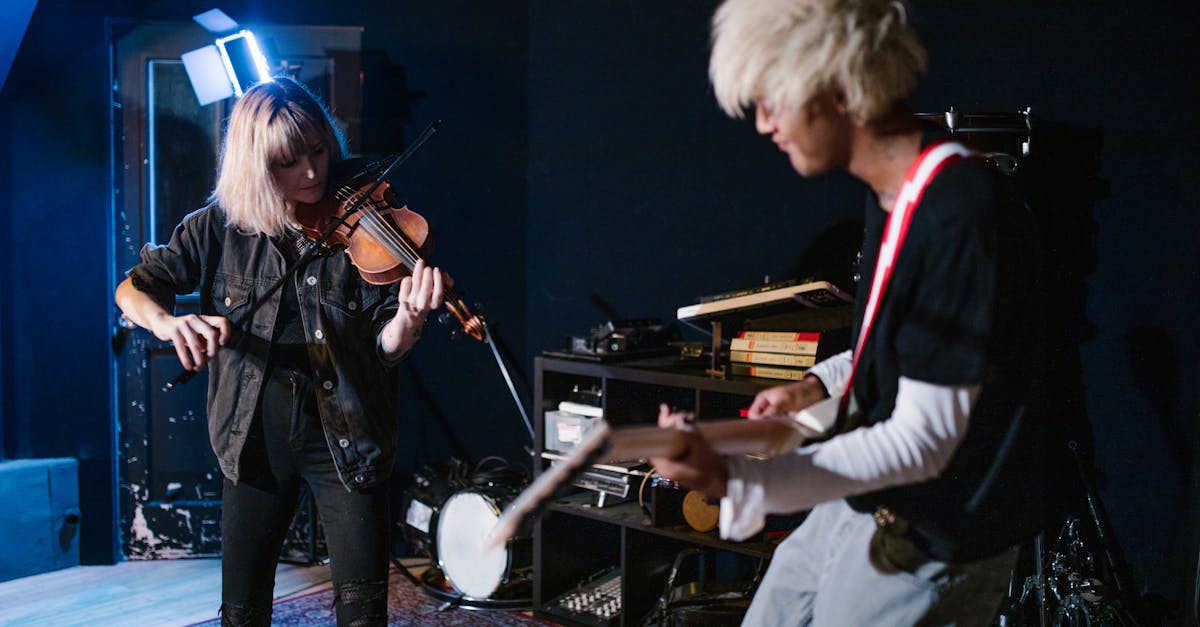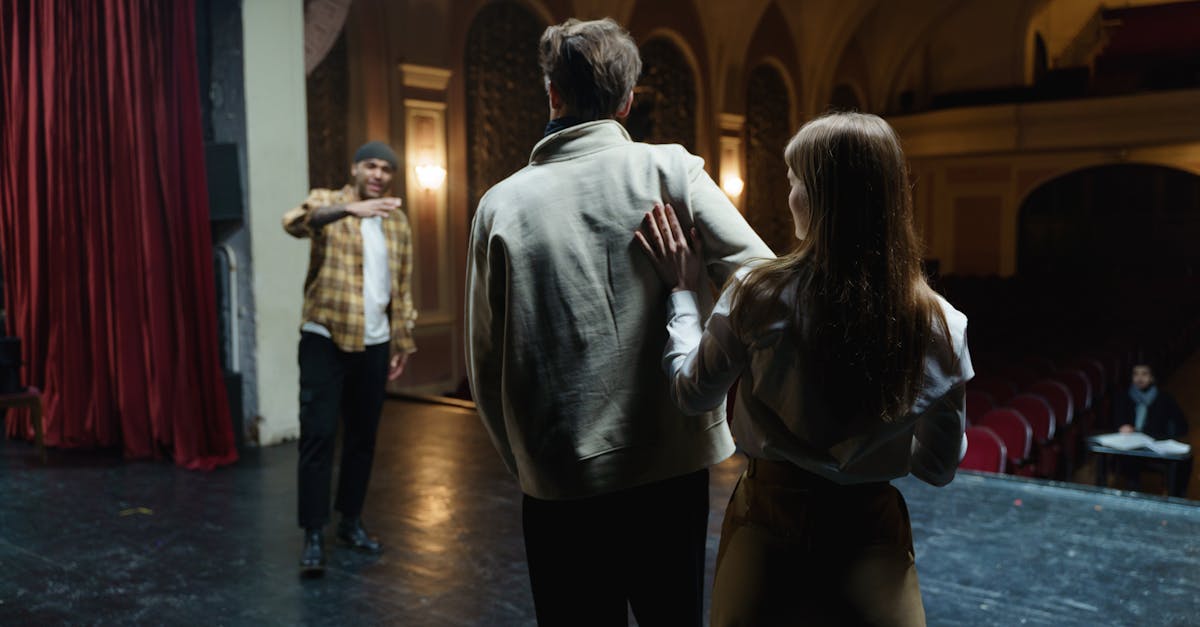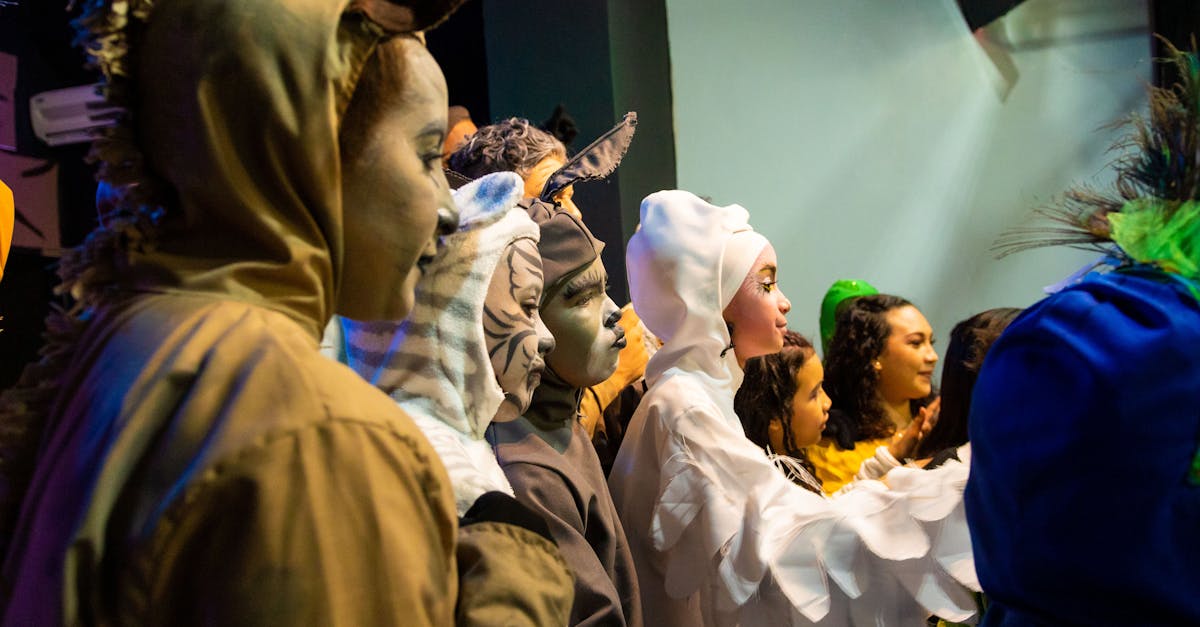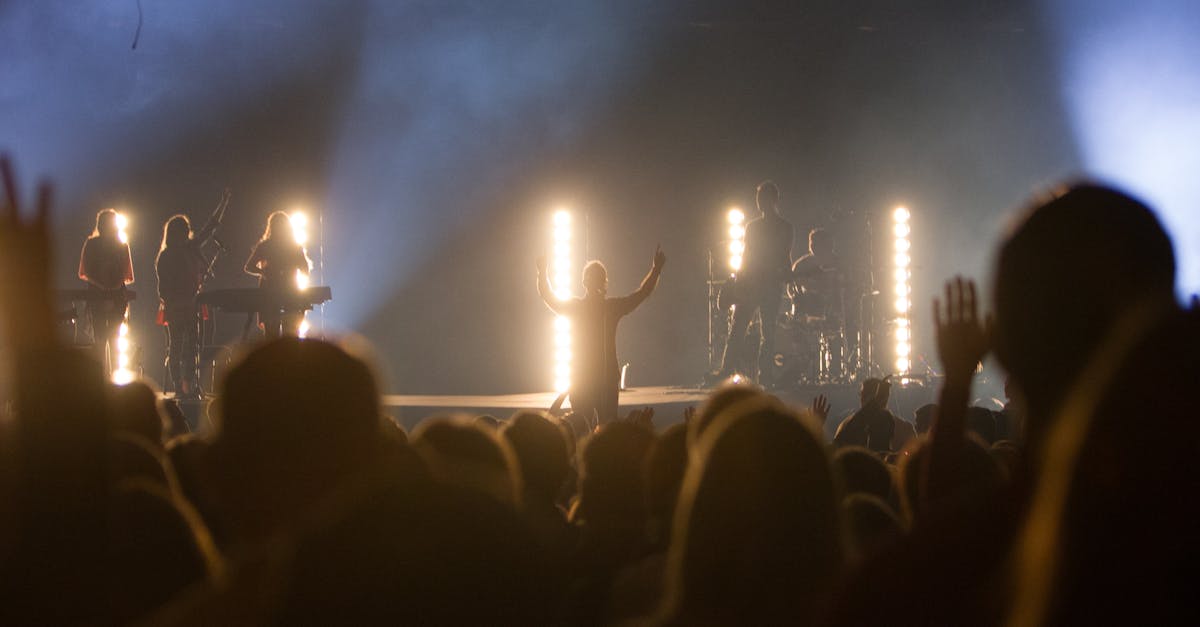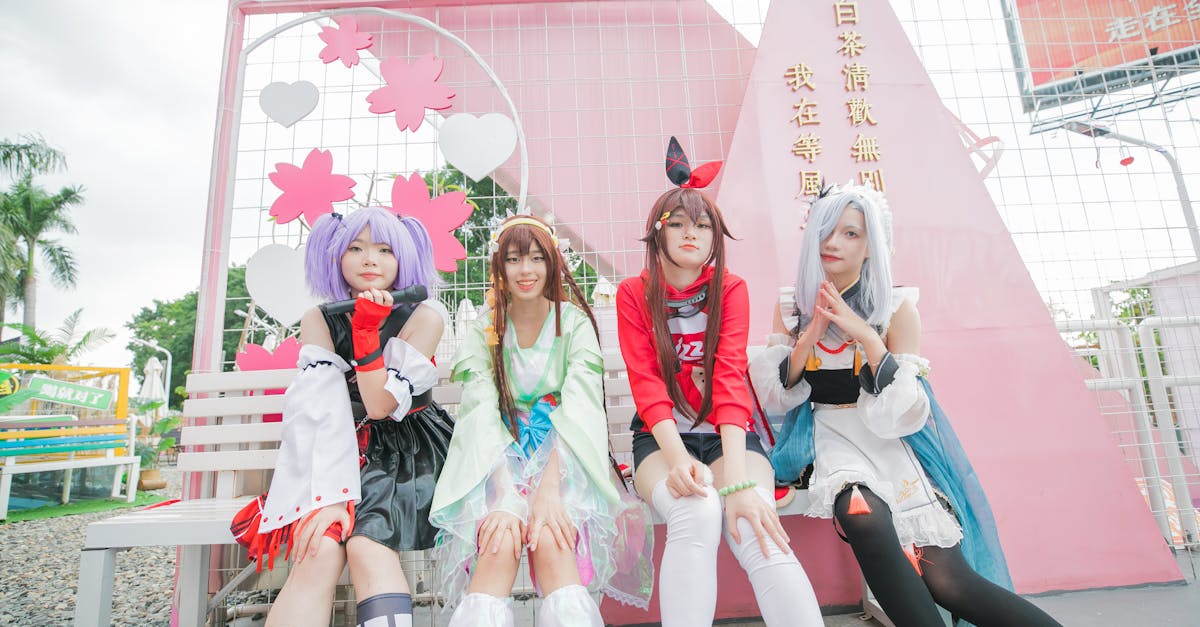Innovation in Arts Entertainment Trends
Introduction
The arts and entertainment industry has been in a perpetual state of evolution, fueled by innovative technologies and changing audience preferences. As new tools emerge, they reshape the ways we create, experience, and engage with art and entertainment. From the integration of virtual reality in performances to the rise of interactive storytelling, these advancements reflect a dynamic interplay between artistry and technology. In recent years, the increasing role of social media and artificial intelligence has further transformed the landscape. These innovations not only redefine the artist's toolkit but also enhance the audience's experience, making art more immersive and engaging. This article explores the latest trends in arts entertainment and their impact on the future.
Advertisement
Virtual Reality and Immersive Experiences
Virtual reality (VR) technology has revolutionized the way audiences experience art and entertainment. By creating fully immersive environments, VR allows users to literally "step inside" an artwork or performance. This technology is now being leveraged in various sectors, from virtual museum tours to immersive theater productions. For instance, VR installations transform the conventional gallery experience, taking viewers on a journey through time and space. Performing arts companies are also experimenting with VR to create multisensory performances that engage audiences in novel ways. As VR becomes more accessible, it promises to democratize art experiences, breaking down geographical and economic barriers.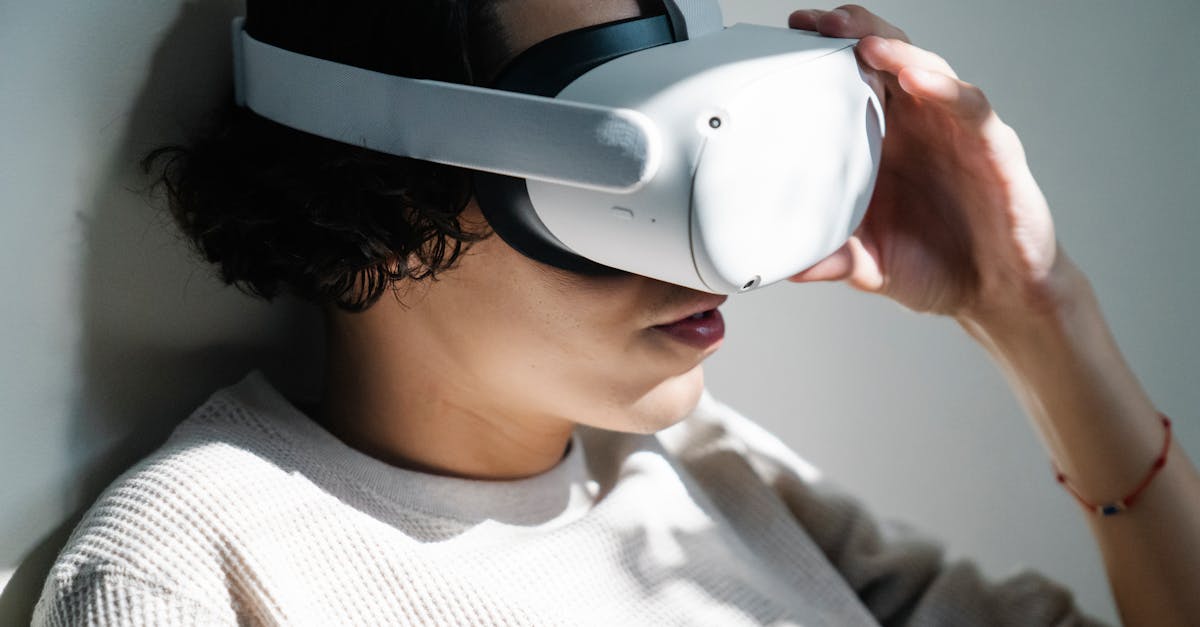
Advertisement
Interactive Storytelling and Audience Participation
Interactive storytelling represents a significant shift in how narratives are crafted and consumed within the arts and entertainment industry. This trend invites audiences to become active participants in the story, allowing them to influence plot developments and endings. Interactive content has gained momentum with platforms such as Netflix releasing interactive films where viewers make choices affecting the storyline. Video games continue to push the boundaries of narrative interaction, creating expansive worlds driven by player decisions. This audience-centric approach emphasizes engagement and personalization, fostering a deeper connection between creators and consumers.
Advertisement
The Rise of Artificial Intelligence in Creativity
Artificial intelligence (AI) is playing an increasingly influential role in the creative process. From composing music to generating visual art, AI is being harnessed to augment human creativity. AI algorithms analyze patterns and predict trends, providing artists with tools to enhance their creative output. Some artists use AI as a collaborator, developing unique styles and compositions that challenge traditional art conventions. AI is also being used to restore and preserve historical artworks, breathing new life into lost or damaged pieces. As AI technology advances, its integration into the arts promises to spark innovative collaborations and creative endeavors.
Advertisement
Social Media: Catalyst for Cultural Trends
Social media platforms continue to be powerful catalysts for cultural trends in the arts and entertainment industry. These platforms enable artists and entertainers to reach global audiences and share their work instantly. Trends such as the rise of digital art NFTs (non-fungible tokens) owe much of their popularity to the virality generated through social media. Moreover, platforms like TikTok and Instagram influence music and dance trends, often propelling emerging artists into the spotlight. Social media's interactive nature encourages community-building, where fans become engaged participants in the creative ecosystem. This symbiotic relationship allows for cultural movements to gain traction at unprecedented speeds.
Advertisement
Augmented Reality in Public Art and Installations
Augmented reality (AR) has introduced new dimensions to public art, offering innovative ways to engage with installations and sculptures. By overlaying digital content in real-world environments, AR creates interactive experiences that can be accessed through smartphones or AR glasses. Artists are leveraging AR to design installations that come alive with digital sound, animation, and interactive storytelling components. These experiences transform everyday cityscapes into living canvases, engaging passersby in unexpected encounters with art. With continuous advancements in AR technology, we anticipate a proliferation of public art projects that blur the boundaries between the tangible and the virtual.
Advertisement
The Expansion of Virtual Performances
The global pandemic accelerated the popularity of virtual performances, enabling the arts industry to reach audiences despite physical restrictions. The expansion of live-streamed concerts, virtual theater shows, and digital art exhibitions has redefined the performance landscape. Artists now have the opportunity to present their work online, where geographical distance no longer limits access. Virtual platforms offer advanced production capabilities, enabling artists to experiment with visual effects and dynamic lighting arrangements that were previously challenging. As the world recovers and reopens, the integration of both digital and physical performances is expected to become a mainstay in arts entertainment.
Advertisement
Sustainability in Entertainment Production
As environmental awareness grows, sustainability has become a paramount concern in entertainment production. Innovative solutions to reduce carbon footprints are gaining traction, such as adopting renewable energy sources and implementing waste-recycling programs. Virtual productions and digital platforms have lessened the need for physical materials, decreasing impact on the environment. Artists and producers are also exploring sustainable materials and modular designs for sets, costumes, and installations, further emphasizing the importance of eco-friendly practices. This trend not only aligns with global environmental goals but also resonates with audiences who value sustainability in their entertainment choices.
Advertisement
The Evolution of Music Distribution and Consumption
The landscape of music distribution has drastically evolved with the digital age, creating a more democratized and accessible environment for artists. Streaming services have become the dominant mode of music consumption, offering vast libraries at listeners' fingertips. This shift has empowered independent musicians to bypass traditional gatekeeping mechanisms, reaching audiences worldwide without major label backing. Innovations like blockchain technology and NFTs are also gaining traction in music distribution, allowing artists to gain control over their work and monetization. As technology continues to revolutionize music consumption, artists and entrepreneurs are reimagining the industry’s future, prioritizing creativity and community engagement.
Advertisement
Conclusion
The ever-evolving realm of arts and entertainment is a testament to human ingenuity, driven by the constant quest for new ways to engage and inspire audiences. Technological innovations like VR, AI, and social media form the bedrock of this transformation, offering unprecedented opportunities for artists to expand their horizons. As these trends continue to evolve, the industry's commitment to sustainability reflects an awareness of its broader impact. Ultimately, the convergence of digital advancements and human creativity promises to redefine arts entertainment, ensuring it remains a dynamic and vital aspect of our cultural identity.
Advertisement
